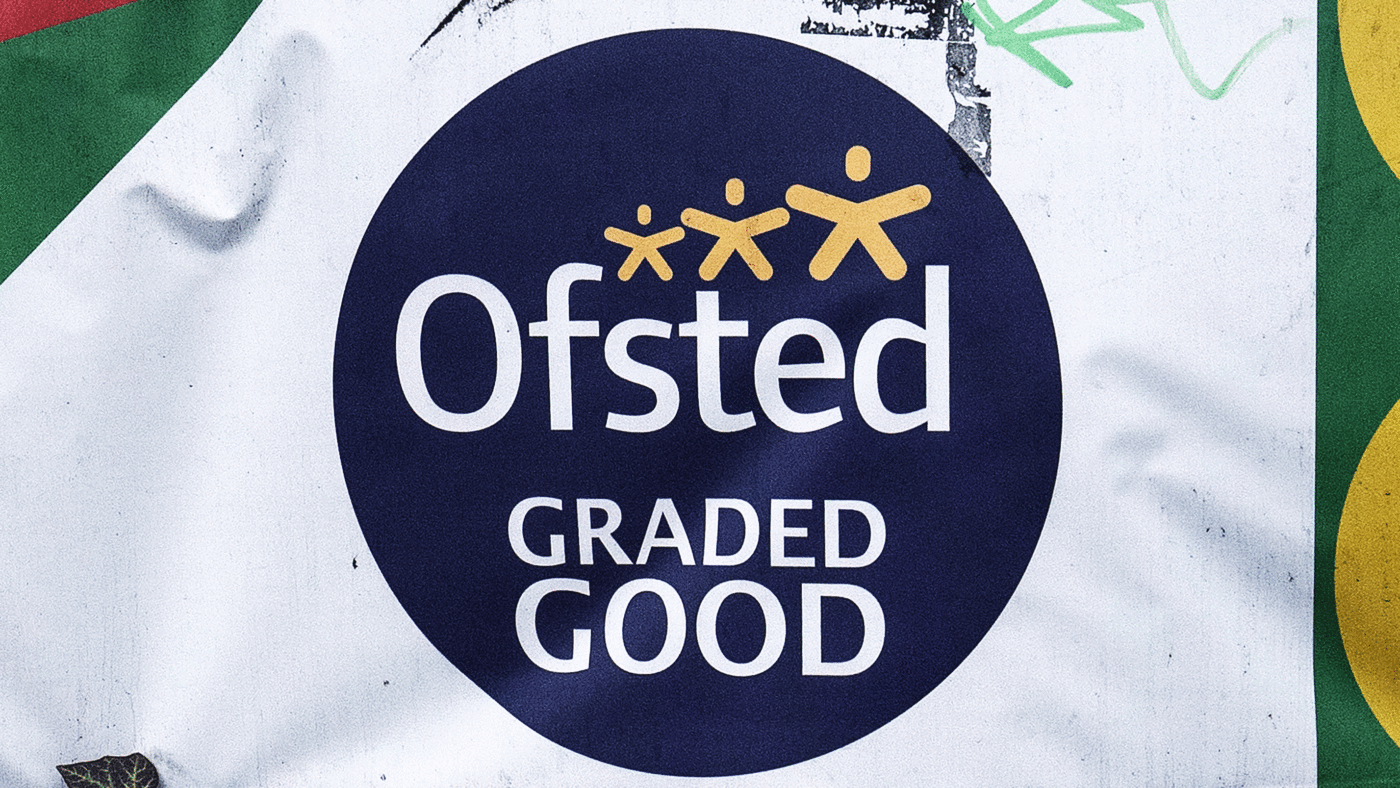The past few years have been tough on everyone, and this is especially true of those running our schools.
When they closed to pupils three years ago this week, teachers and headteachers had to figure out – literally overnight – how to educate children remotely. Many stepped in to fill the gaps left by social services, to ensure that vulnerable children were safe and getting fed. And they did it all in the face of all the terrifying unknowns there were, with minimal guidance from the Government.
Three years on things are still far from normal. Pupil attendance is down, the attainment gap up, and the demands on Heads probably greater than ever thanks to all the other aspects of the Covid hangover: waiting lists for mental health, staff shortages and so on. People are often running flat out to stand still.
Given all of that, I understand why some feel it’s time to rethink the way schools are held to account, and move away from a high-stakes inspection system to something else. Running a school in 2023 is not the same as doing so in 2019, and it would be wrong to pretend otherwise.
In addition to the above, some have directly linked an inspection result to the tragic death of headteacher Ruth Perry, arguing it is evidence of the immense accountability pressures that headteachers face. This is despite experts advising against attributing suicide to a single cause – but the reaction does illustrate how intense feelings are among the profession.
Indeed, earlier this week one Head even declared on social media that they had received ‘the call’ from Ofsted but would refuse them entry, and called on others to rally behind them. They have since backed down, but not before others expressed support for them and the major unions called for a complete pause to inspections.
And of course all this is happening against the backdrop of industrial action. Put everything together and it’s fair to say that there is a febrile atmosphere in some schools.
The issues around Ofsted and exam results are nothing new, and were already a big concern when I started teaching 20 years ago. However, I’m not sure that the pressures are greater now than they were back then. If anything, thanks to a series of reforms there are actually now fewer official government targets and points for intervention than at any time in the last few decades.
If Ofsted judgements feel more important now than ever the perhaps it’s because all the old exam result targets and thresholds have been scrapped, and your inspection result is the only thing left that can lead to a school being taken over.
It’s notable that the majority of people now calling for inspections to be paused or the reform of Ofsted are those who have long been critics. With Labour saying they will scrap summary inspection grades and a new Chief Inspector due to be appointed this year, Ofsted’s detractors sense that things are up for grabs and can be influenced to move in their direction.
Ofsted has always had the difficult job of speaking truth to power, and giving everyone – parents, communities, and government – an honest view as to how a school is doing overall. Inspection reports obviously can’t tell you everything about a school, but they can give a good starting point, and we know that families rely on them to at least know that their children are likely to be safe and happy.
Almost by definition the watchdog can’t and won’t be popular. It also can’t and won’t get everything right, which is why approaches evolve and the way it operates changes from one Chief Inspector to the next.
But people shouldn’t just dismiss it out of hand or suggest blocking its work. It has proved itself to be a vital source of standards and rigour in recent times, and shone a light on bad practice that was holding children back.
Even more importantly, in the system we have right now it performs a whole range of vital functions across all sorts of settings, including essential safeguarding checks.
That’s why it is a criminal act to obstruct its work, and those who do so can face a fine of up to £2500 on top of disciplinary action. And it’s why the protesting Head was ultimately right to enable the inspection of their school to proceed.
So yes, let’s have an open and frank discussion about how we get the best for our children. Let’s debate what Ofsted can and should do as part of this, and the role of inspections. But let’s do it in a calm and professional manner and set an example to pupils in the process.
Click here to subscribe to our daily briefing – the best pieces from CapX and across the web.
CapX depends on the generosity of its readers. If you value what we do, please consider making a donation.


